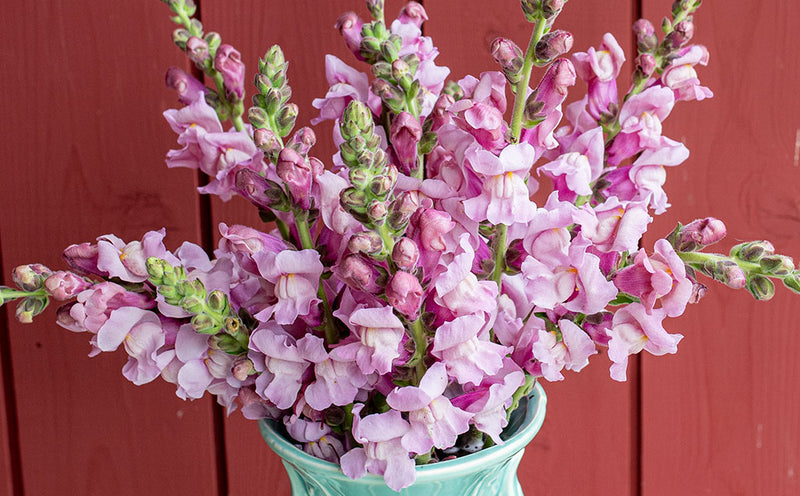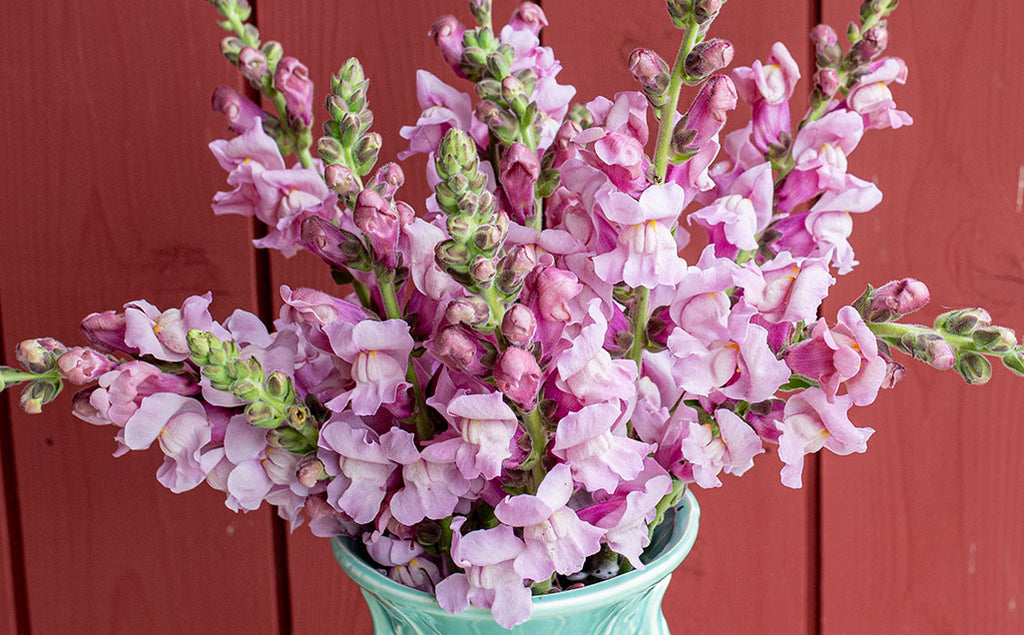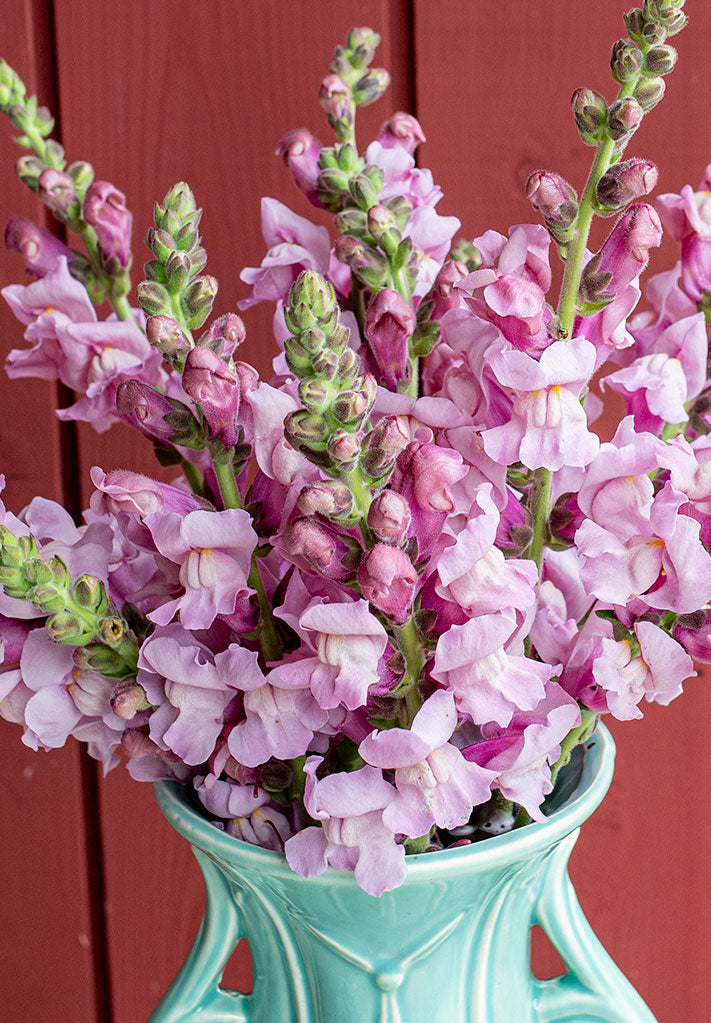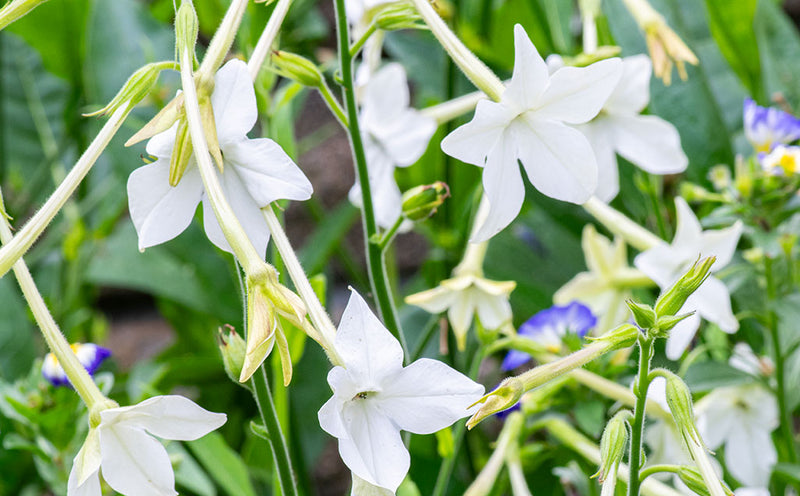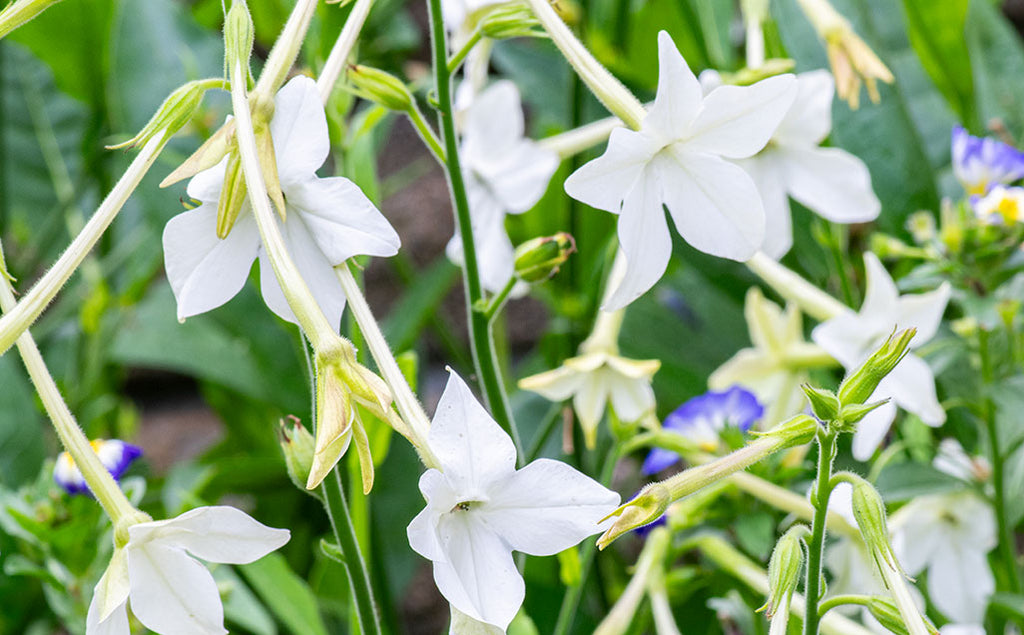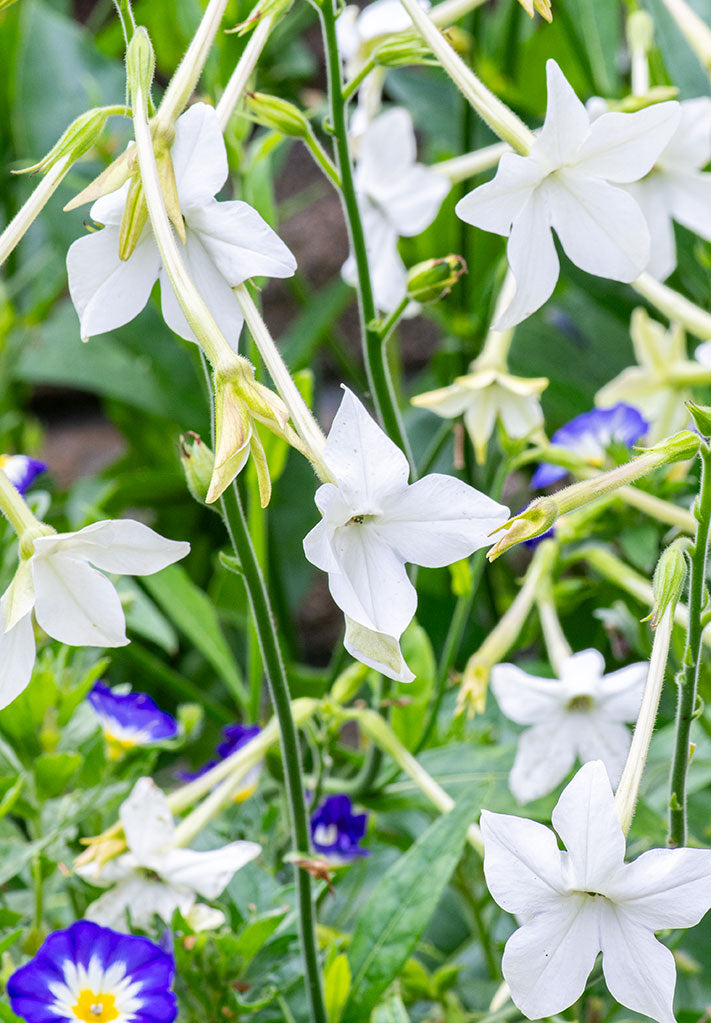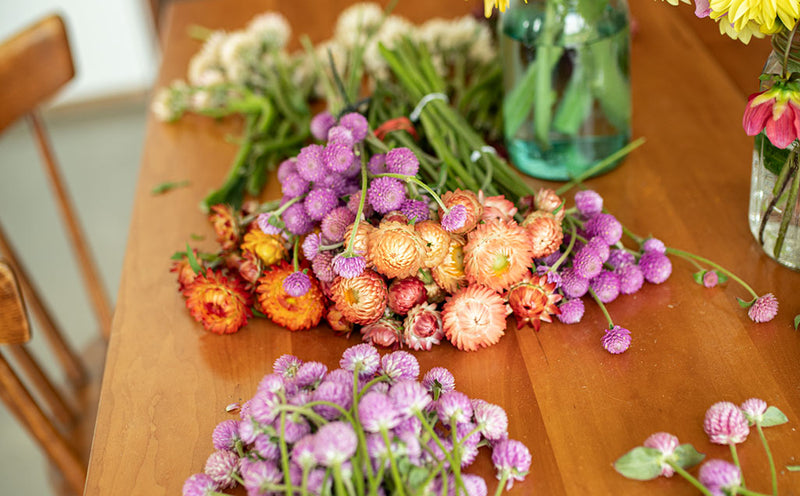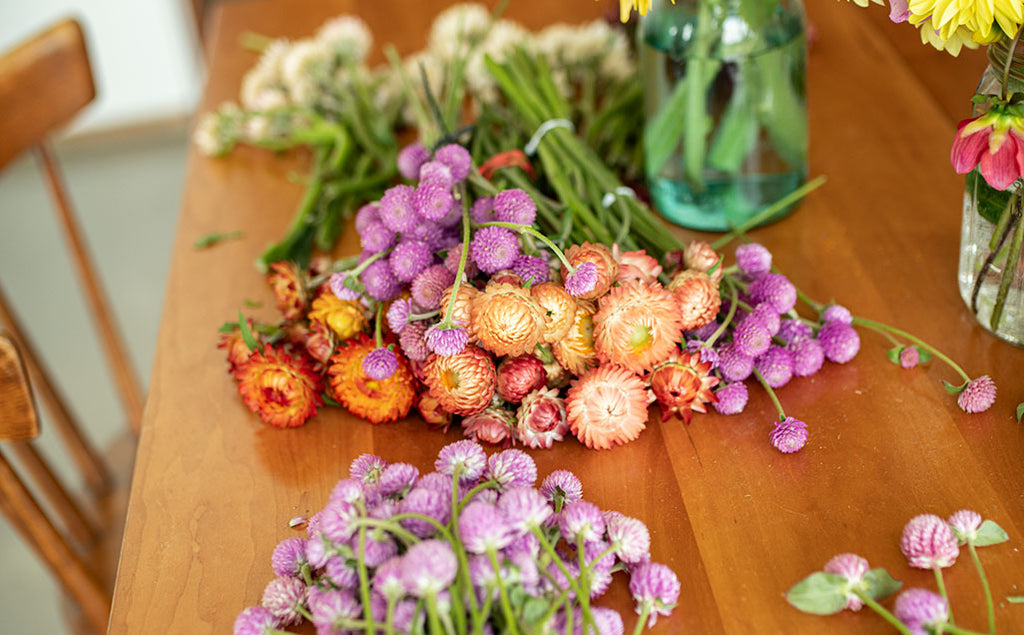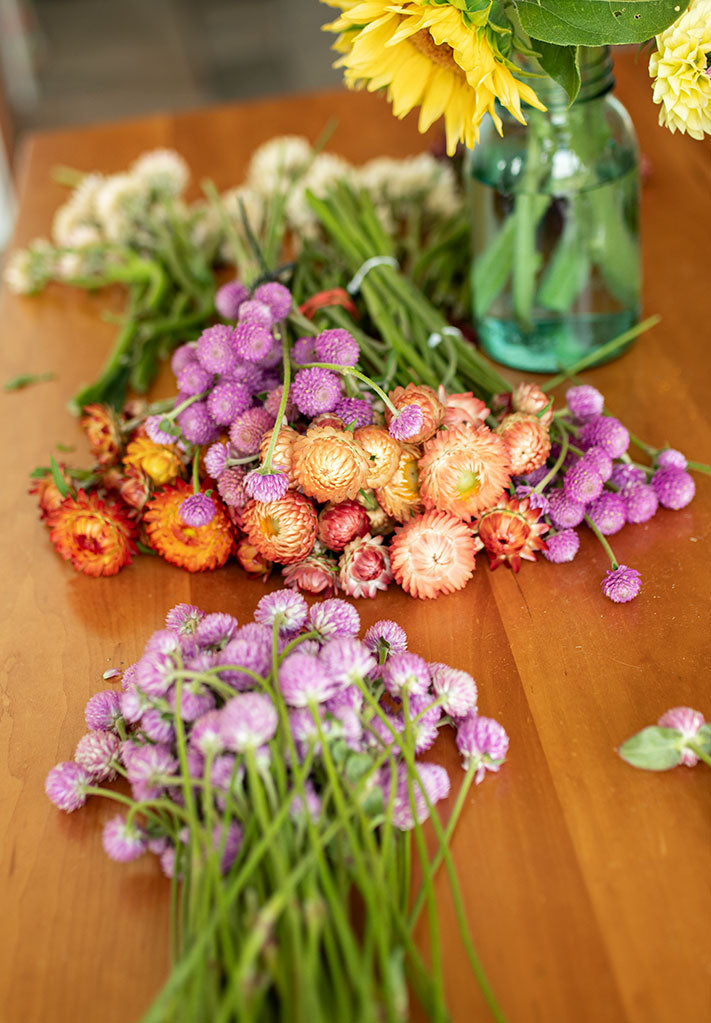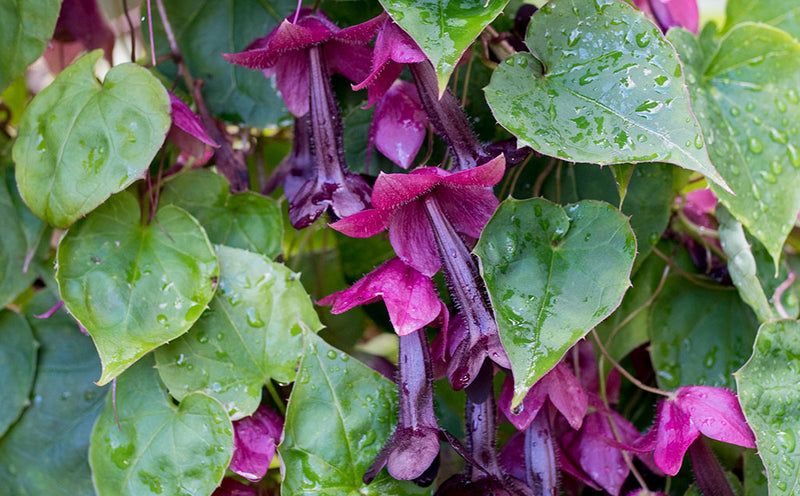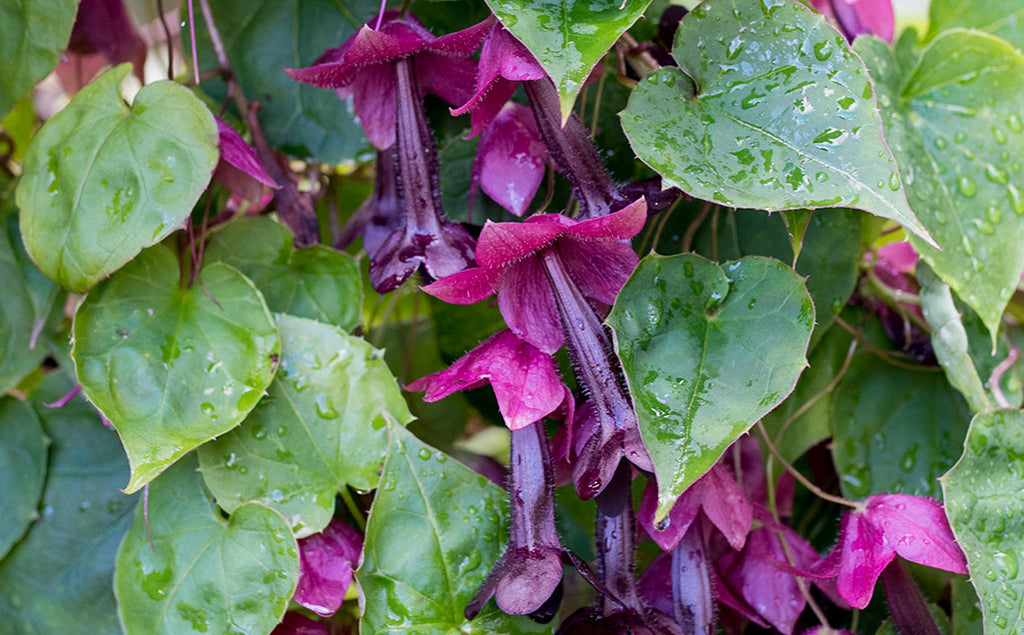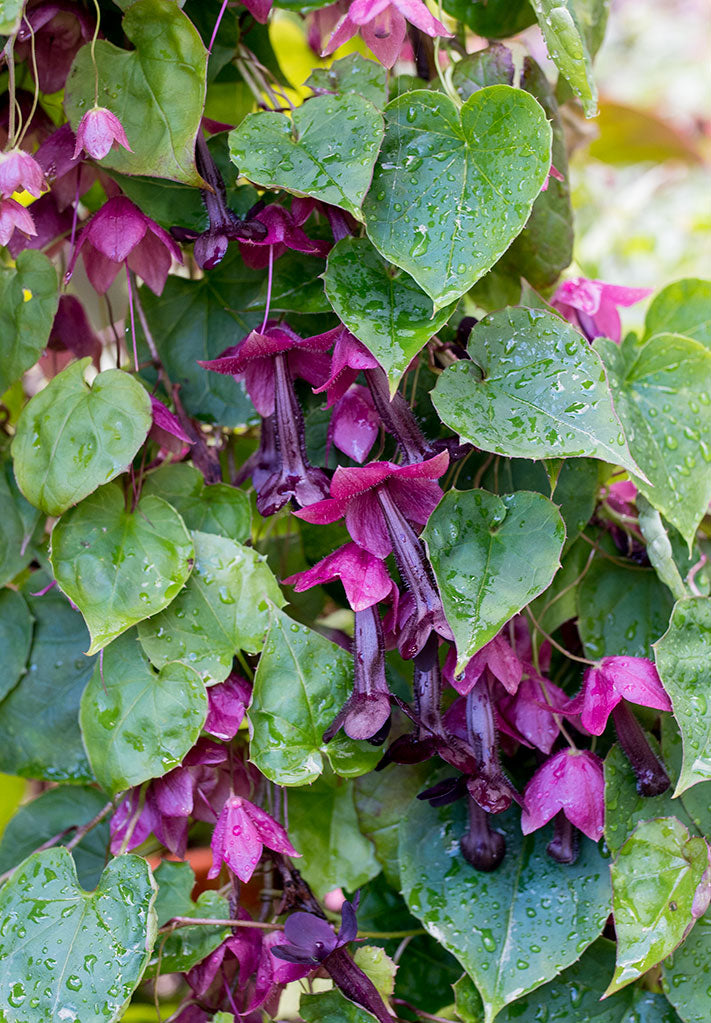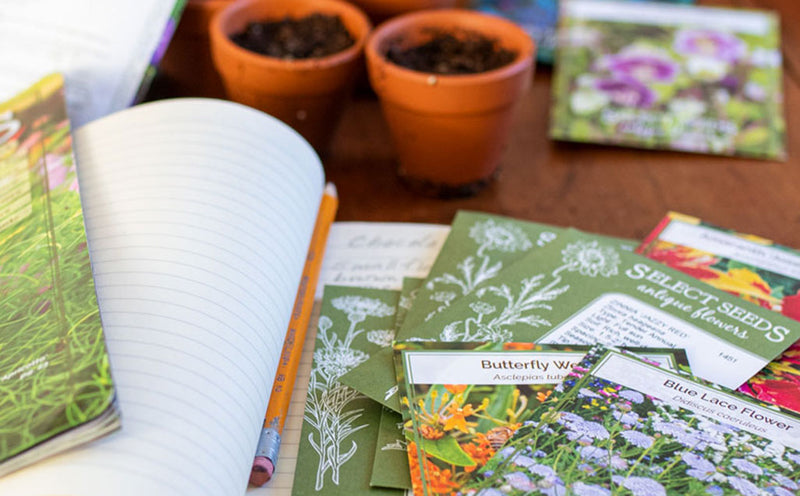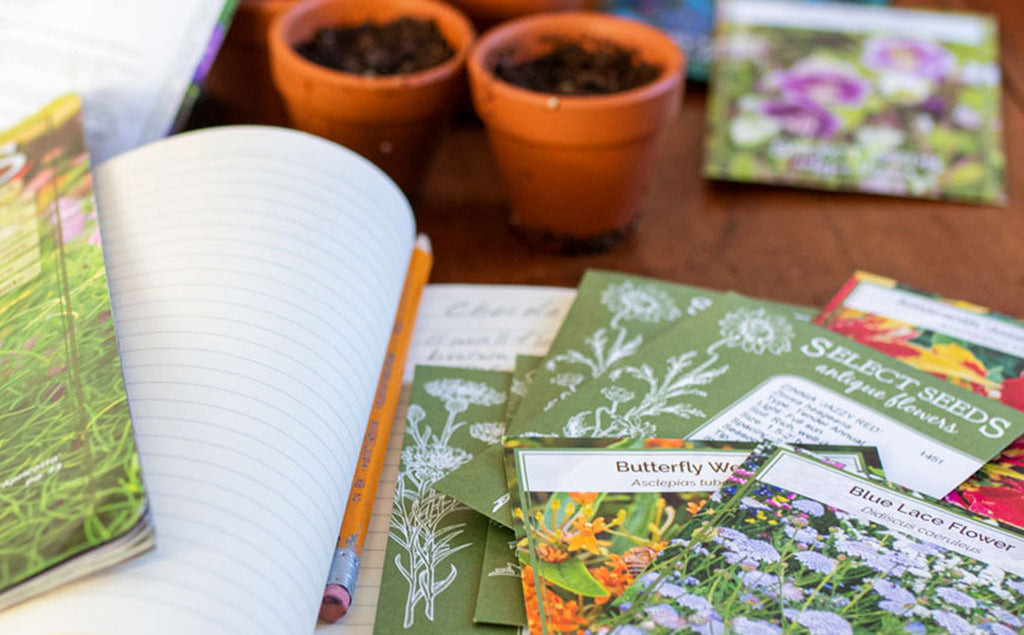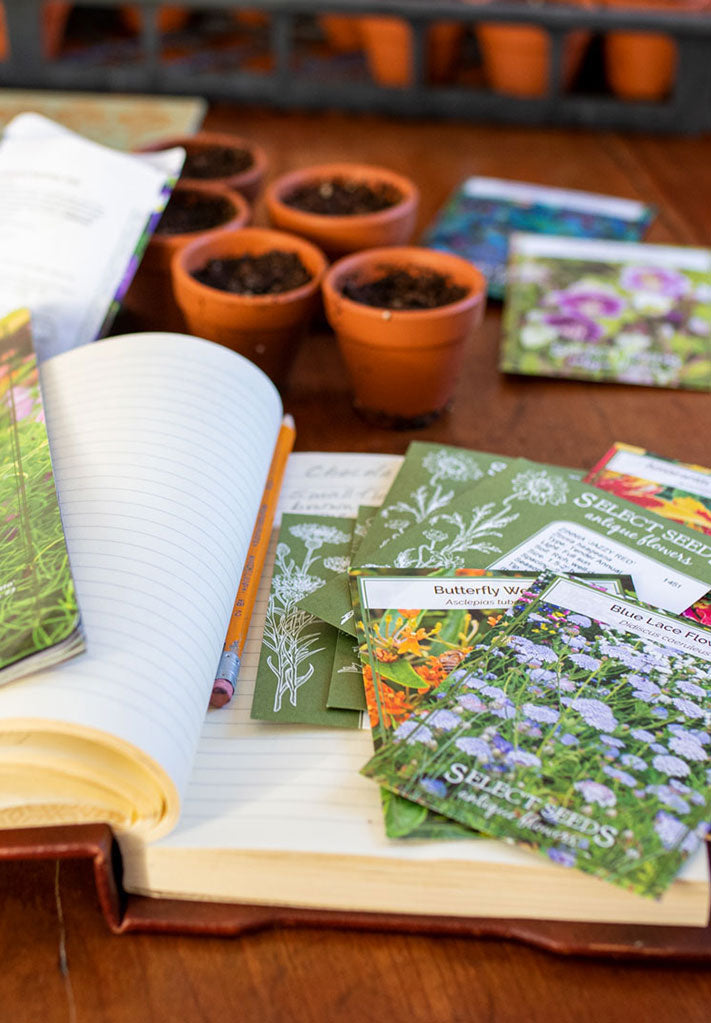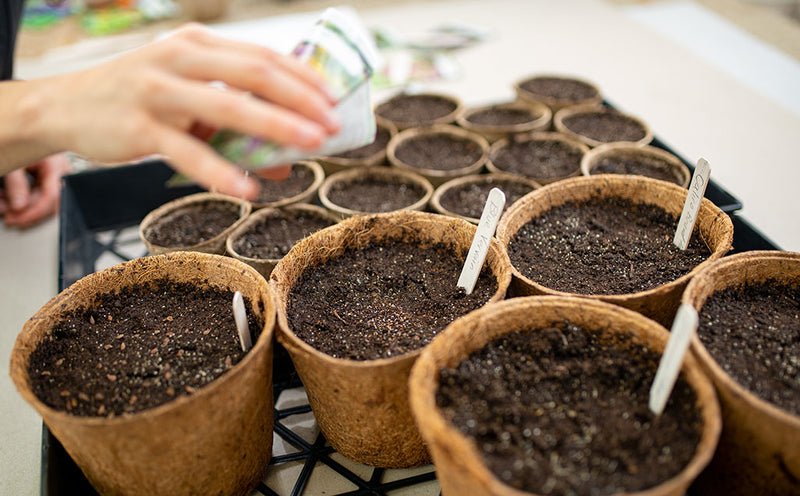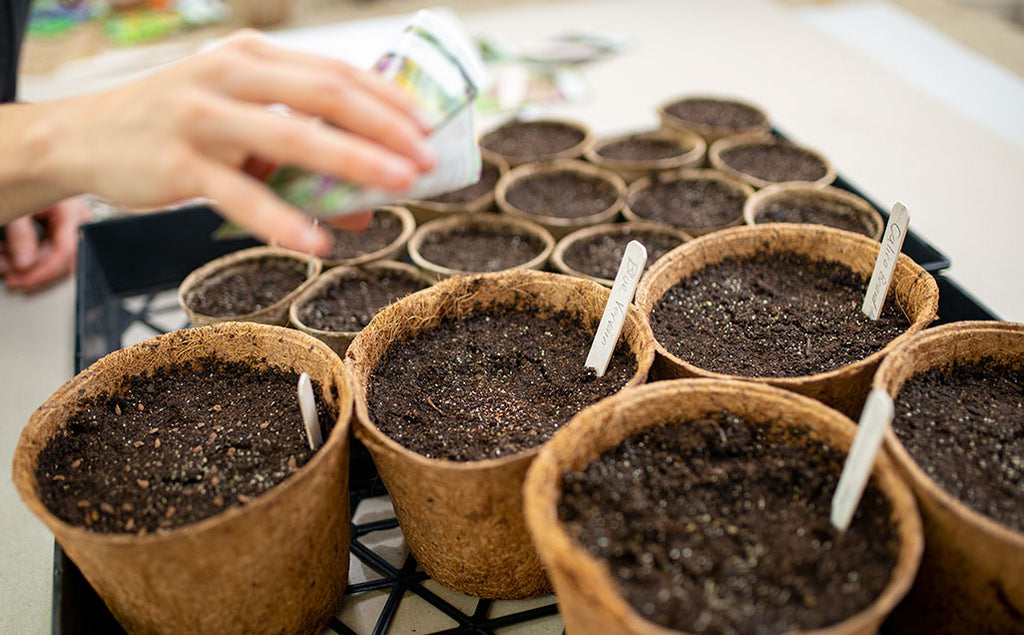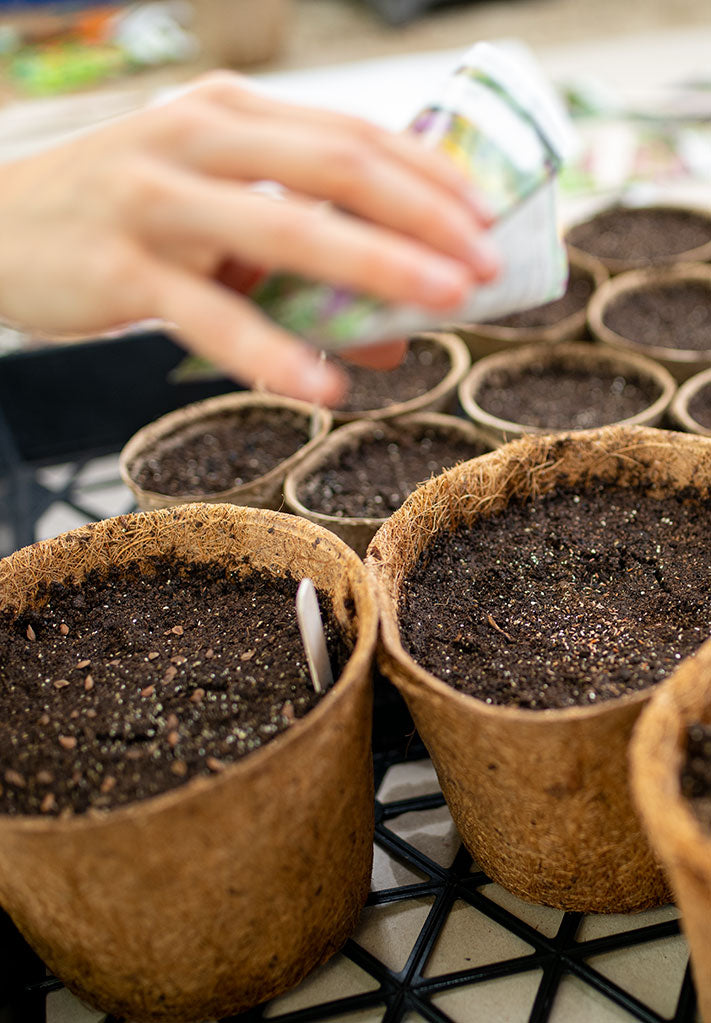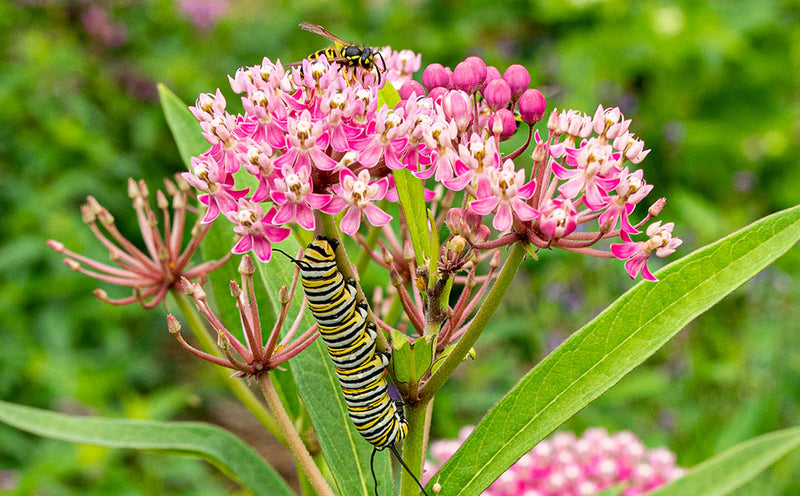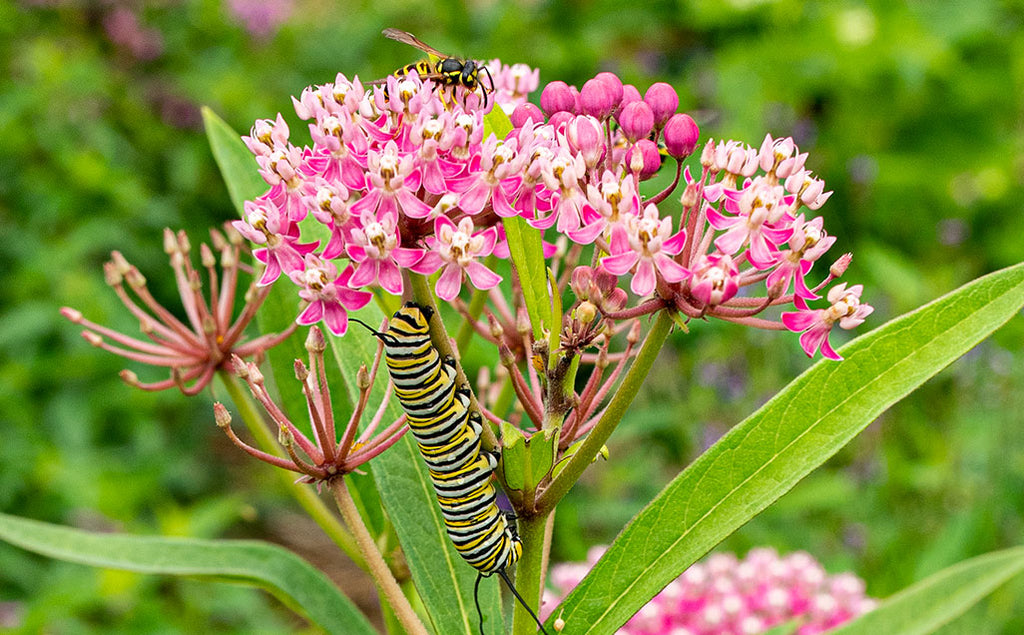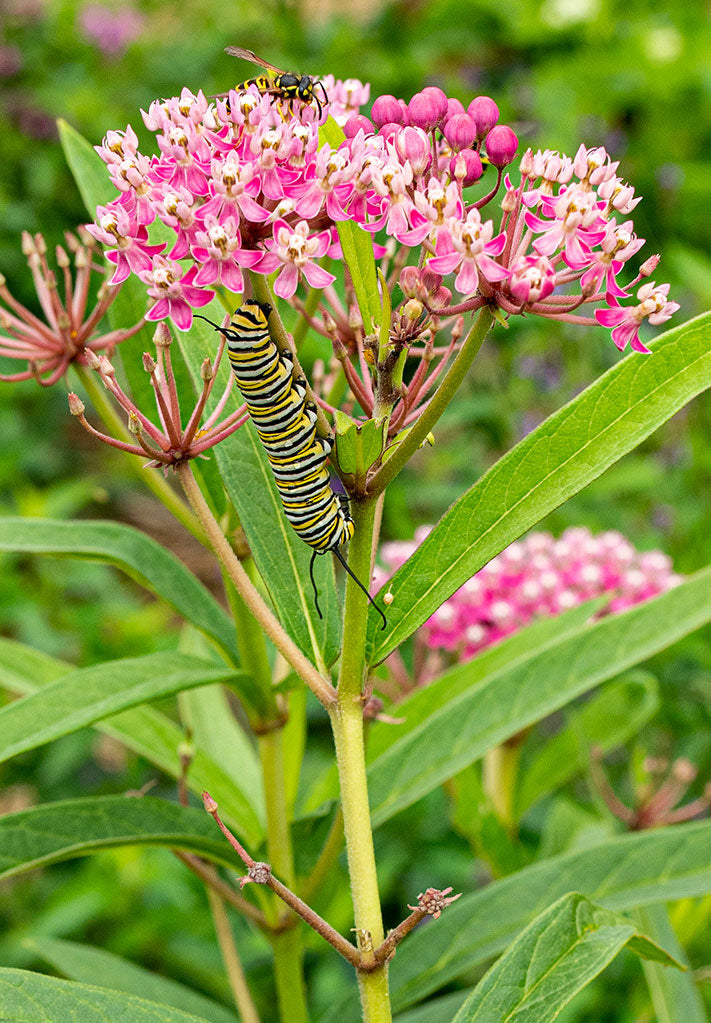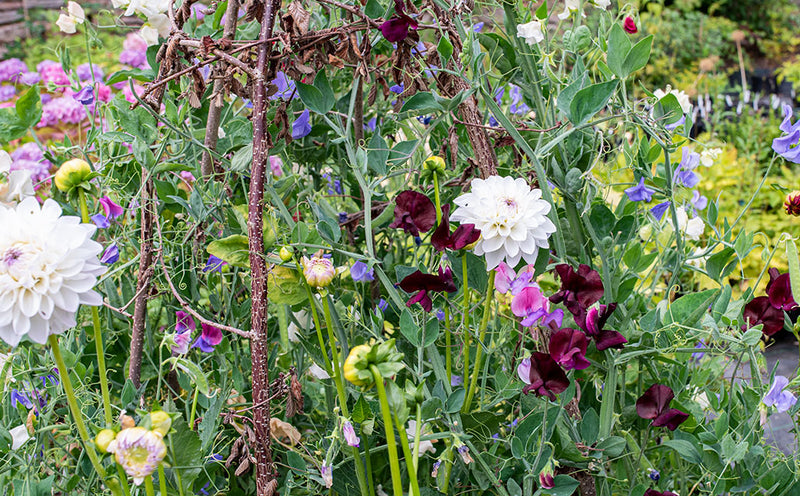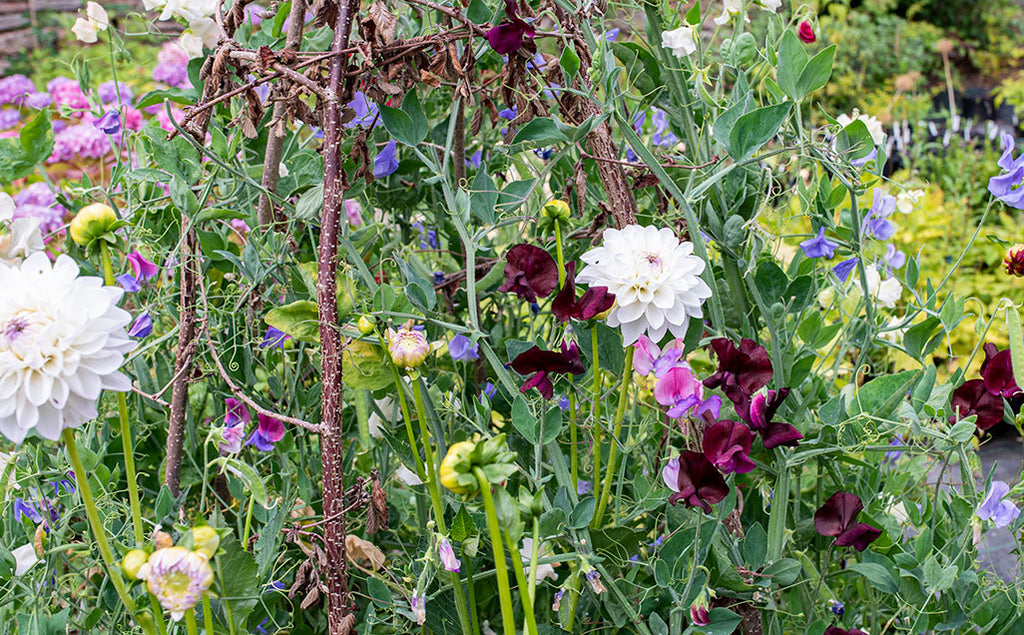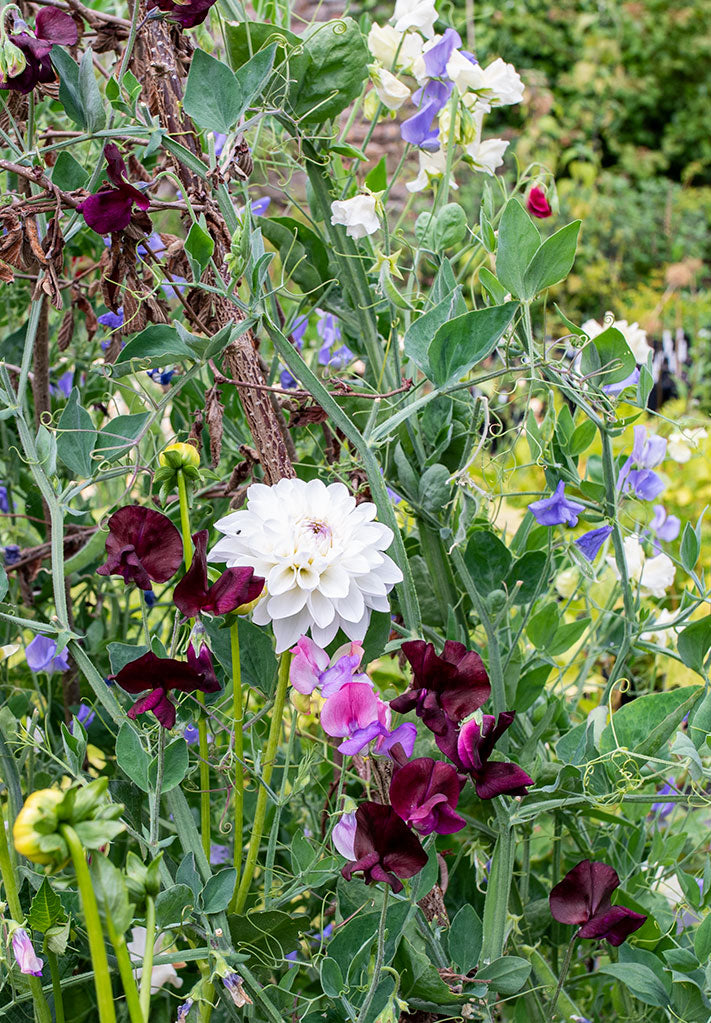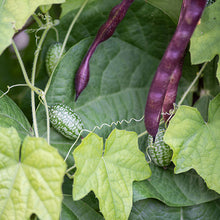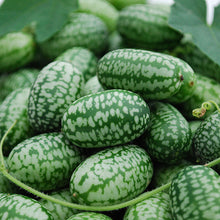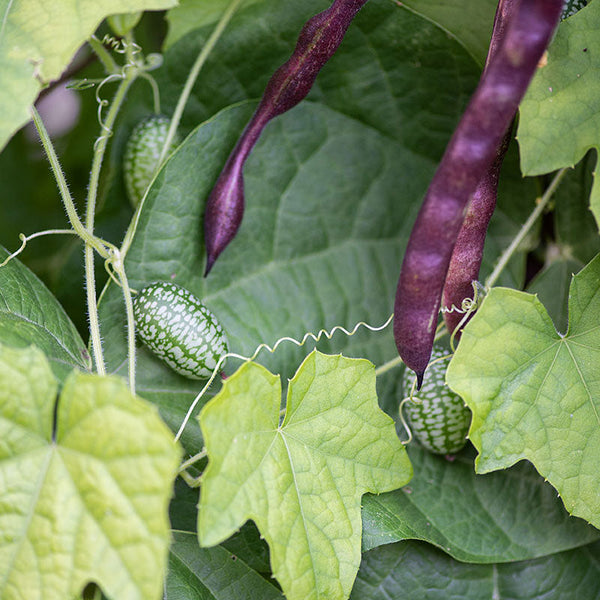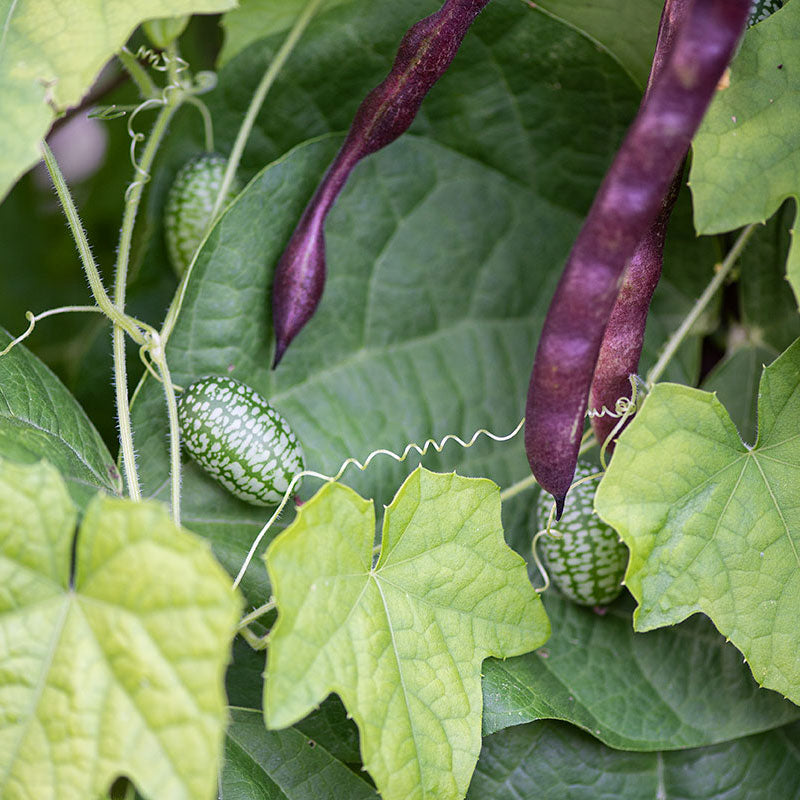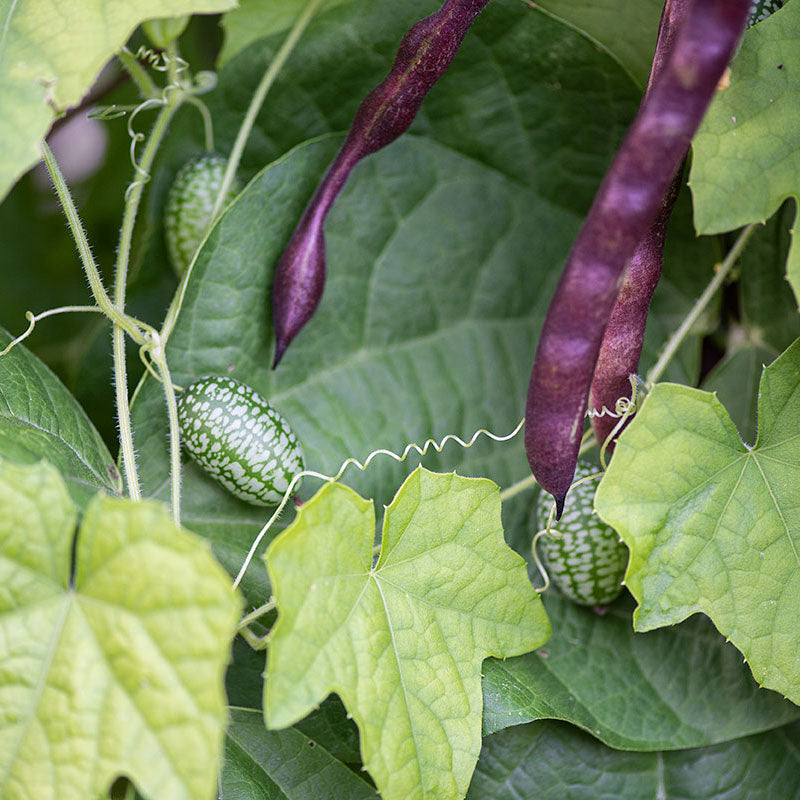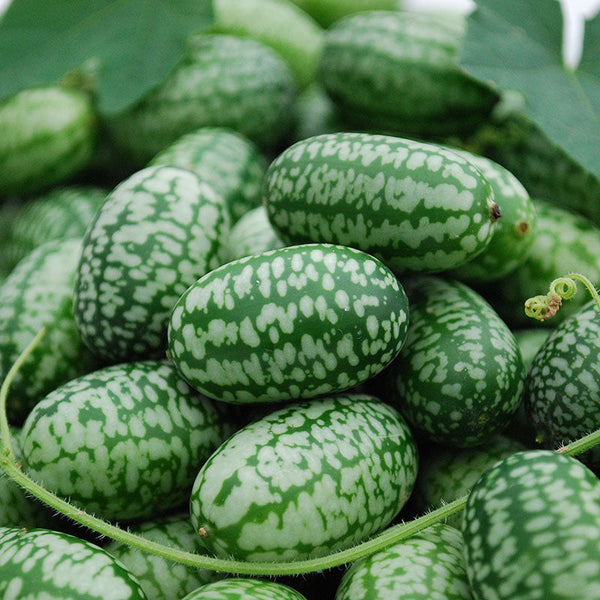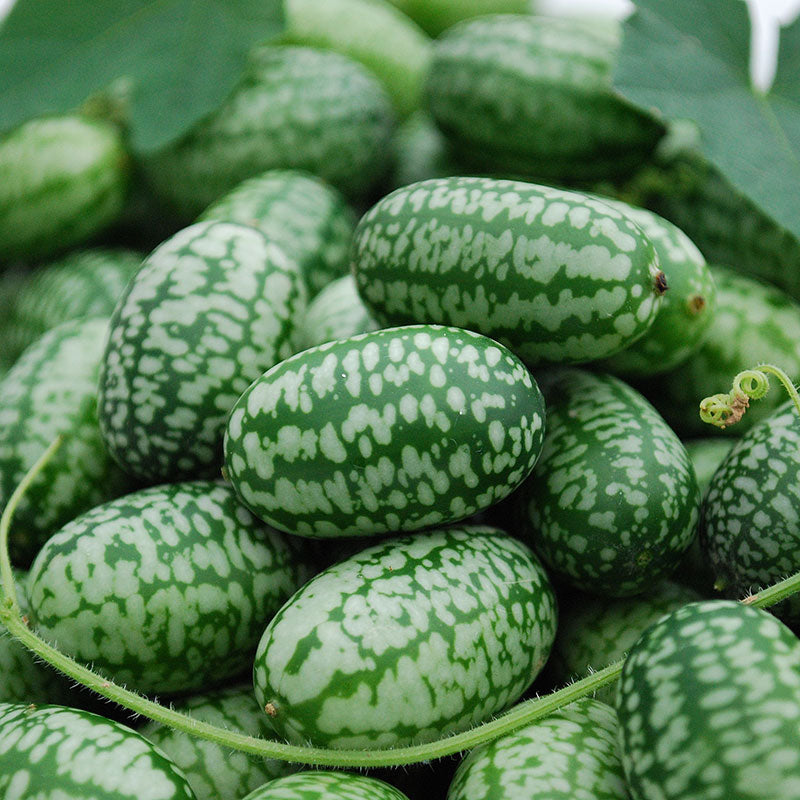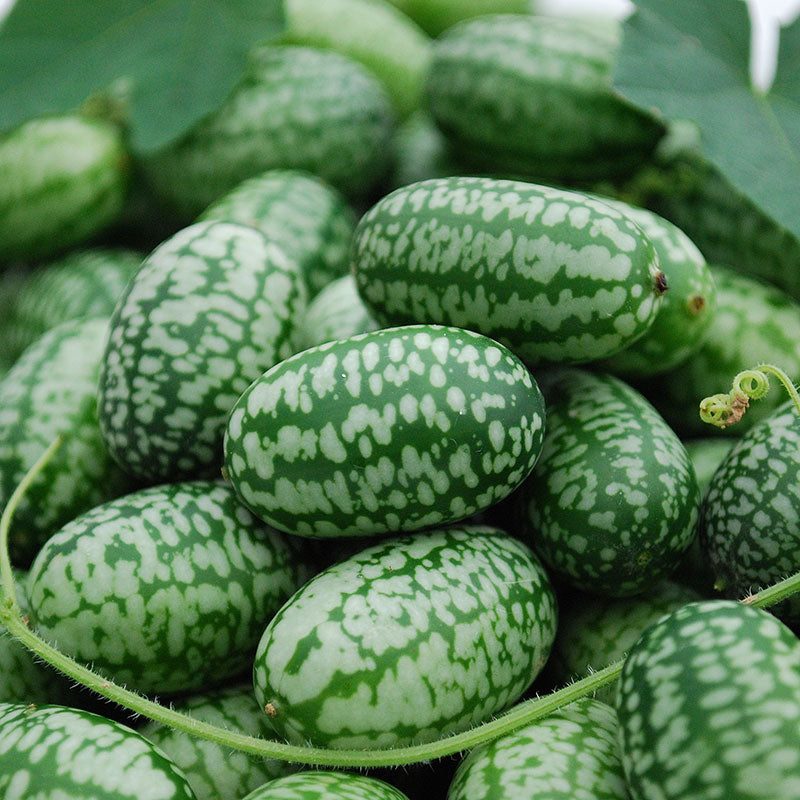SOWING INSTRUCTIONS
Seed To Bloom:
70 days to harvest
Starting Indoors:
Start indoors 4 weeks before planting out. Keep at 65-70°F.
Starting Outdoors:
Direct sow into warm soil about 1-2 weeks after last frost. Germinates poorly at temperatures below 60°F.
WHEN TO SET OUTSIDE
After all danger of frost has passed and night temperatures have moderated.
PLACEMENT & CULTIVATION
Cucumelon plants do best in full sun in loose soil that is rich, moist and well-drained. Grow in containers with a trellis or on a fence at the edges of vegetable gardens. They love heat and make the best growth during high summer. Harvest when the fruits are an inch long or about the size of a large grape. The flavor and texture are similar to that of a cucumber, with a note of citrus.
Watering Details:
Provide about an inch or so of water per week, more during especially dry spells. Do not allow to dry out or get soggy.
Fertilizer:
Mix in a couple of inches of compost or well-rotted manure prior to planting. Additional applications of liquid or granular fertilizer (preferably organic) can also be applied according to package instructions.
Diseases & Pests:
Cucumber beetles can be troublesome. Prevent by removing debris from the garden in the fall to reduce overwintering sites. Also manage for beneficial insects, such as ladybugs, green lacewings, and soldier bugs, as they will feed on the cucumber beetle eggs. Floating row covers and straw mulch are also very helpful, as they discourage movement from plant to plant. Try to hand pick beetles and put them in a bucket of soapy water. Squash bugs can be deterred by applying neem oil regularly, removing egg masses from leaves, and encouraging beneficial insects by planting flowers nearby that will help attract them. Remove debris in the fall to prevent overwintering. An organic pesticide may be necessary.
